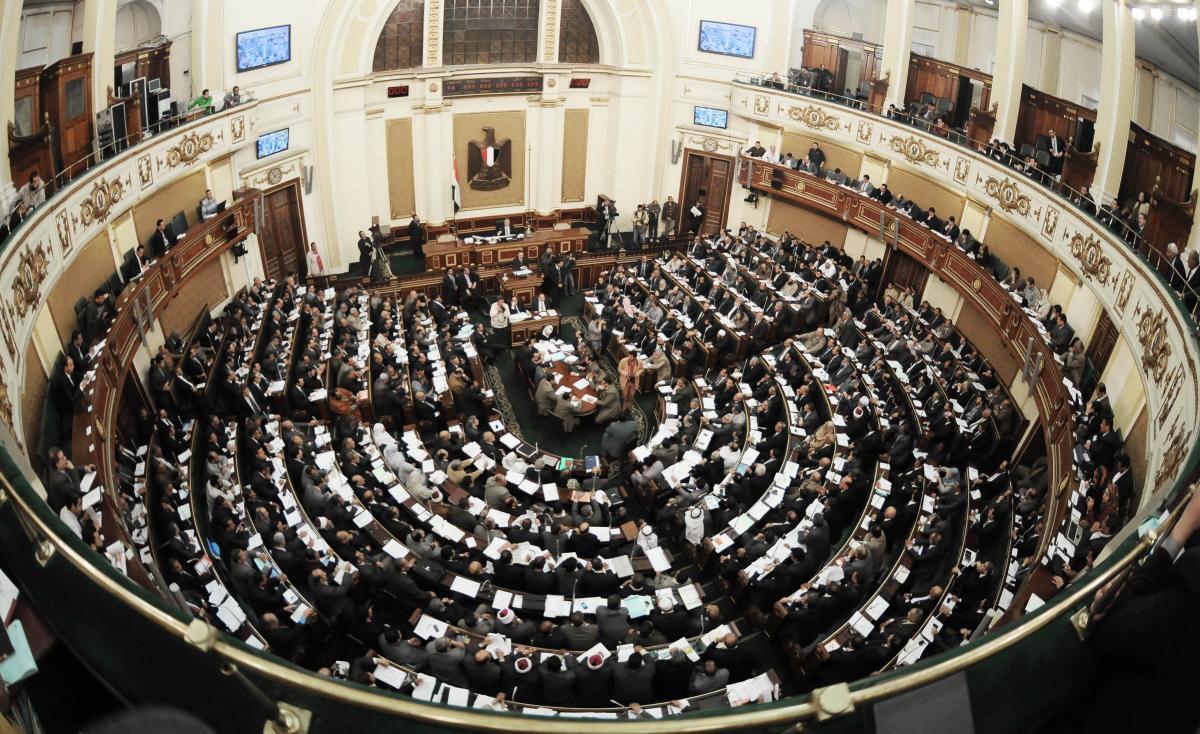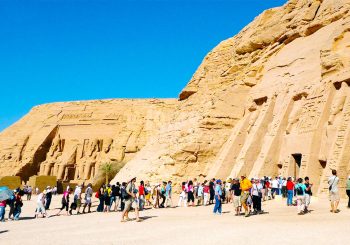Egypt’s parliament passed the controversial NGO law on Tuesday amid criticism from local and international rights groups concerning regulations and “restrictions” imposed by the new law on civil work.
The House of Representatives prepared a draft NGO law and presented it for discussion on Nov. 14. The next day, it had approved all 89 articles of the law despite criticism voiced by a number of political parties and civil society organisations.
The parliament then sent the draft law to the State Council, a judicial body that reviews legislation, which approved the draft on Monday.
Human Rights Watch (HRW) published a statement earlier on Monday regarding the draft law, saying that it would “effectively prohibit independent non-governmental groups in the country by subjecting their work and funding to control by government authorities, including powerful security agencies.”
“Egypt’s parliament is trying to dodge public scrutiny by rushing into force a law that would effectively ban what remains of the country’s independent civil society groups,” said Sarah Leah Whitson, Middle East and North Africa director at HRW.
Parliament speaker Ali Abdel Aal stated in Tuesday’s session that the parliament “responded to many of the demands voiced by founders of civil society organisations,” adding that he was confident the new law serves the needs of NGOs and safeguards Egypt’s security.
HRW, however, said the newly passed law resembles one proposed by President Abdel Fattah al-Sisi’s government in 2014 “and shelved after broad criticism.”
The new law goes even further, according to HRW, as it sets a maximum prison sentence for violating the law to five years, whereas the previous one did not provide for prison sentences.
It also creates a 10-member government regulatory committee, which would include representatives from the Defence and Interior Ministries as well as the General Intelligence Service, with the authority to examine field research before it is published and decide on whether to approve agreements between local and foreign groups, including funding.
Among the criticism voiced by rights groups earlier in November is that the law requires NGOs to register under “broad conditions,” which for example stipulate that the organisation doesn’t engage in activity that conflicts with national security and public order.
It will also “give the competent administrative body (as of yet undefined) the power to determine whether an association’s activities correspond with the needs of society and development plans,” the statement said.
The new law would govern the practice of more than 46,000 local and 100 foreign groups working in Egypt, according to government estimates.
The law still needs to be ratified by the president in order to come into force.
HRW called on president Sisi to decline to sign the legislation, and said that the government should prepare a new draft with input from independent non-governmental organizations.
The Ministry of Social Solidarity had prepared a draft NGO law, that was later dismissed by the parliament in favour of another draft prepared by one MP and backed by more than 200 members.
This content is by Aswat Masriya.







Comment (1)
[…] law was issued by Parliament in November 2016, but it was ratified by the president in May […]